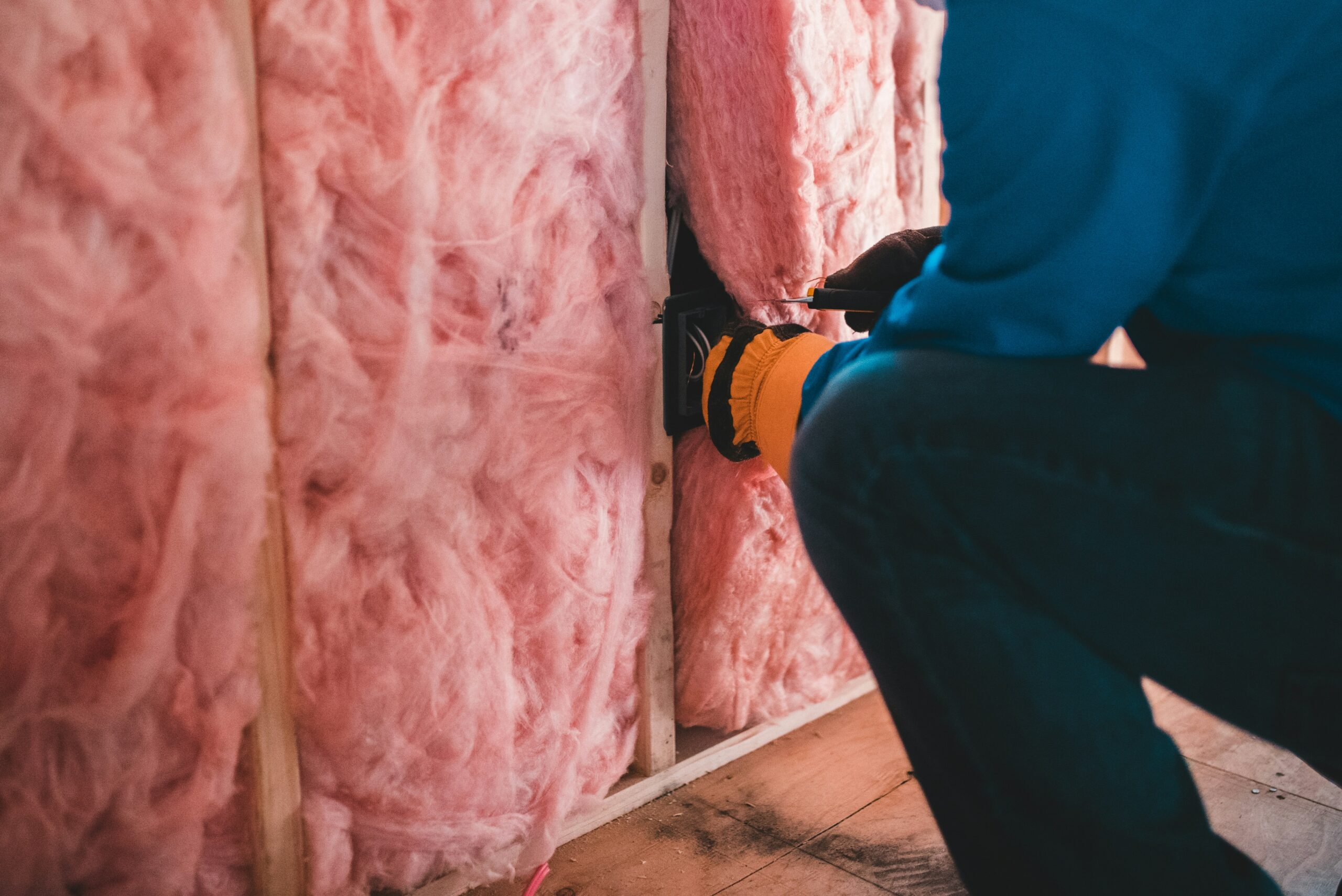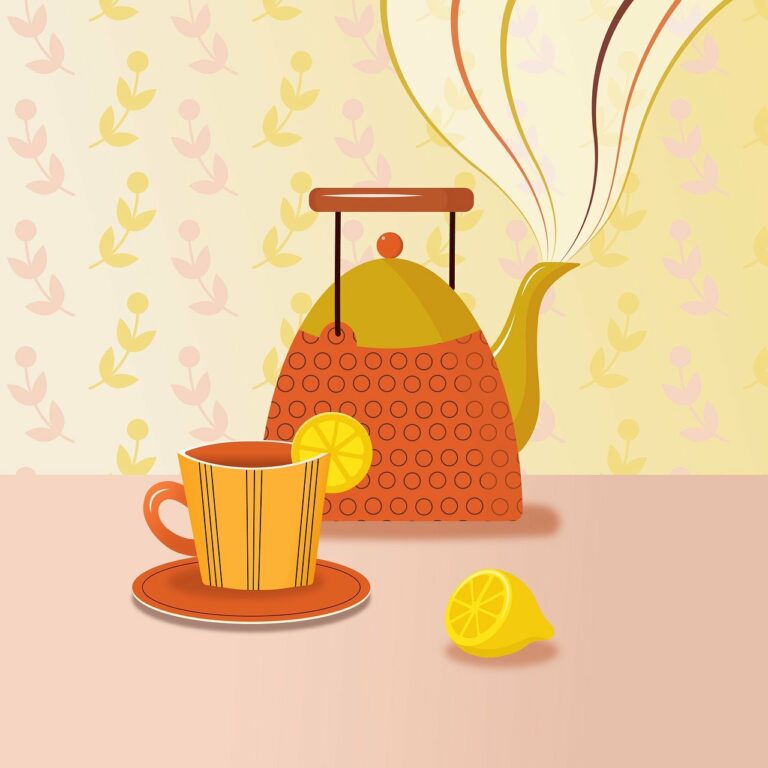Eco-Friendly Landscaping: Sustainable Practices for a Beautiful Yard
Sustainable landscaping offers numerous advantages for both the environment and homeowners. By using eco-friendly practices such as water conservation and reducing pesticide use, you can create a healthier ecosystem in your yard. This not only benefits local wildlife but also contributes to overall biodiversity in your community.
Moreover, sustainable landscaping can help lower maintenance costs in the long run. By choosing native plants that are well-suited to your region’s climate and soil conditions, you can reduce the need for excessive watering, fertilizing, and pest control. This results in a more resilient and self-sustaining landscape that requires less ongoing care and resources.
Choosing Native Plants for Your Yard
Native plants are an excellent choice for your yard as they are well suited to the local environment and require less maintenance compared to exotic species. By selecting native plants, you can create a thriving ecosystem that attracts pollinators and wildlife, while also reducing the need for fertilizers and pesticides.
When choosing native plants for your yard, consider factors such as sunlight exposure, soil type, and water availability to ensure they will thrive in their new environment. Native plants are not only beautiful additions to your landscape, but they also contribute to the overall health of the ecosystem by supporting biodiversity and reducing water consumption.
• Native plants are well-suited to the local environment
• Require less maintenance compared to exotic species
• Create a thriving ecosystem that attracts pollinators and wildlife
• Reduce the need for fertilizers and pesticides
When selecting native plants for your yard, it is important to consider factors such as:
• Sunlight exposure
• Soil type
• Water availability
Native plants not only enhance the beauty of your landscape but also:
• Support biodiversity
• Reduce water consumption in the area
Water Conservation Techniques for Your Landscape
When designing your landscape, incorporating water conservation techniques is essential to not only conserve water but also reduce your environmental impact and save money on your water bills. One effective technique is installing a rainwater harvesting system to collect rainwater from your roof and store it for later use in watering your plants. This not only reduces the demand on your municipal water supply but also provides a natural source of water rich in nutrients for your plants.
Another water conservation technique to consider is incorporating drip irrigation systems into your landscape design. Drip irrigation delivers water directly to the roots of your plants, minimizing evaporation and runoff compared to traditional overhead watering methods. This targeted approach ensures that water is used efficiently and effectively, promoting healthier plant growth while conserving water resources.
Why is sustainable landscaping beneficial?
Sustainable landscaping helps conserve water, reduces maintenance costs, promotes biodiversity, and creates a healthy ecosystem in your yard.
How can I choose native plants for my yard?
Research local native plants that are suitable for your region’s climate and soil conditions. Visit a local nursery for guidance on selecting native plants that will thrive in your yard.
What are some water conservation techniques for my landscape?
Some water conservation techniques for your landscape include installing drip irrigation systems, using mulch to retain moisture, incorporating rain barrels for collecting rainwater, and practicing proper watering techniques such as watering early in the morning or late in the evening.
How can I make my landscape more eco-friendly?
You can make your landscape more eco-friendly by reducing the use of chemical fertilizers and pesticides, incorporating compost into your soil to improve its health, and planting trees to provide shade and reduce energy consumption. Additionally, creating habitats for pollinators and wildlife can help promote a healthy ecosystem in your yard.





